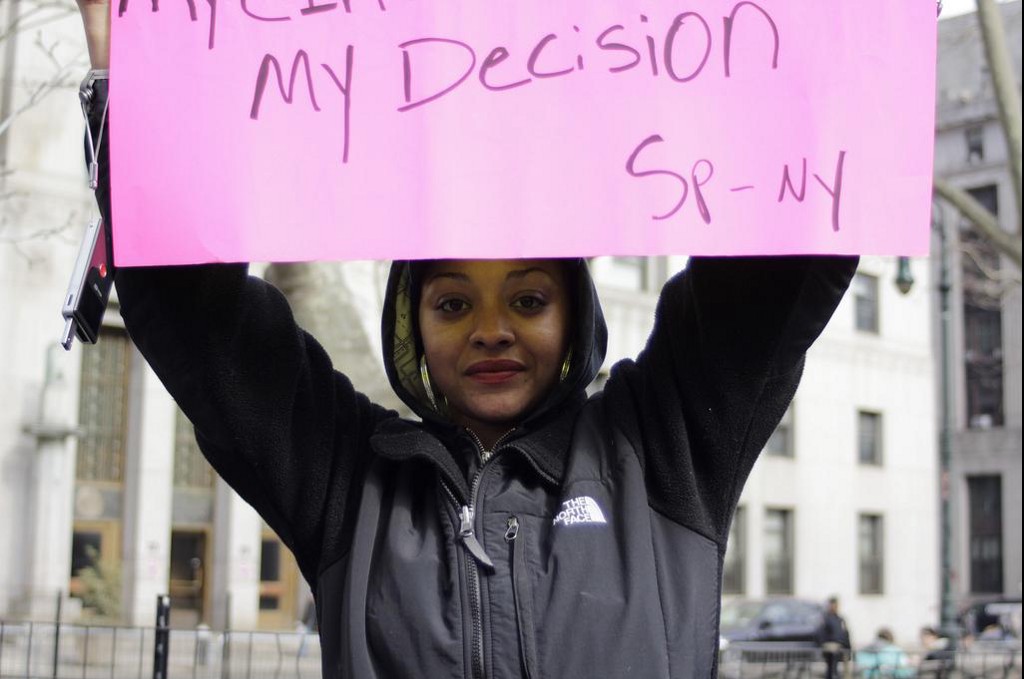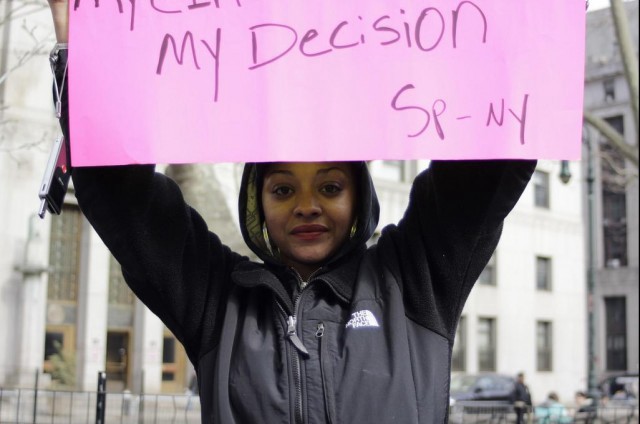What Are the Consequences of Being Turned Away?


[S.] was out of gas money, hadn’t eaten a decent meal in weeks and resigned herself to the fact that, no matter what she wanted or how it would affect her life, she was going to have a baby.
At the New York Times, Joshua Lang’s written an unstinting longread about one of the first clinical studies to ever take on the “turnaways.”
When Diana Greene Foster… first began studying women who were turned away from abortion clinics, she was struck by how little data there were. A few clinics kept records, but no one had compiled them nationally. And there was no research on how these women fared over time. What, Foster wondered, were the consequences of having to carry an unwanted pregnancy to term? Did it take a higher psychological or economic toll than having an abortion? Or was the reverse true — did the new baby make up for any social or financial difficulties?
Foster saw that most abortion studies failed to acknowledge that women seeking abortions are likely to have mixed emotions — regret, anger, happiness, relief. They also often failed to separate the reaction to pregnancy from the reaction to the abortion. She has designed her study to do both… and initial results, to be published in the fall, show that the emotion that predominates right after an abortion is relief.
Foster finds some harrowing data: controlling for differences between the women who received abortions and the ones who were turned away, “women denied abortion were three times as likely to end up below the federal poverty line two years later.” Within the Times piece, it is also strange, beautiful and awful to watch S., who Lang follows for over a year and a half, shift from calling herself a “ticking time bomb” to panicking over having an infant she can’t bond with to blissfully calling her 1-year-old “more than my best friend, more than the love of my life.”
S.’s experience is also consistent with one of the most striking statistics from Henry David’s Czech study. David found that nine years after being denied abortions, 38 percent of women said they never sought one in the first place.
Katie Watson, a Northwestern University bioethicist quoted in Lang’s story, posits that the cognitive dissonance of having an unwanted baby disappears because it is “psychologically in our interest” — we tell ourselves stories in order to live.
Photo via Timothy Kraus/flickr.